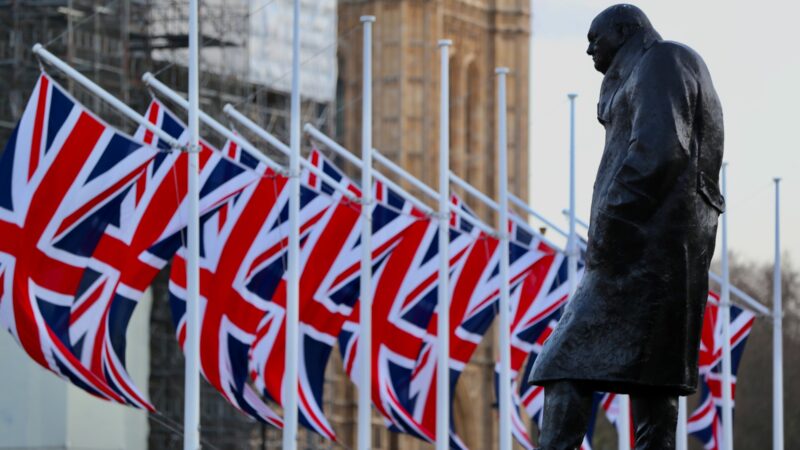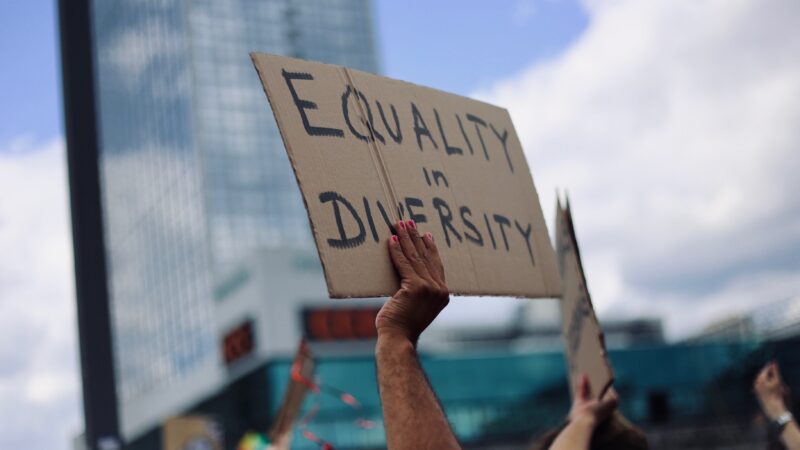The beginnings of the Great Exhibition of 1851 begin with Prince Albert. After spending time as the President of the Society for the Encouragement of Arts, Commerce and Manufactures a few years prior, and having seen the success of the Exhibition of Products of French Industry, the Royal Commission for the Exhibition of 1851 was created. Spearheaded by Victorian England’s greatest industrial thinkers, including Henry Cole, Owen Jones, and Isambard Kingdom Brunel, plans were immediately drawn up.
Joseph Paxton’s Crystal Palace was the chosen design for the structure. Measuring 1,851 feet with an interior height of 128 feet, the purpose of the structure was not only to be practical and cost effective, but a statement too. The Crystal Palace was representative of Victorian ingenuity and innovation, combining practicality with beauty. Without a need for interior lighting and being of a temporary nature, the structure was perhaps the greatest exhibit of all. Inside, exhibits included the Koh-I-Noor diamond, the Trophy Telescope, the first voting machine, and the prototype for the 1851 Colt Navy. Over the course of the next six months, over six million people would visit the exhibition, including the likes of Charles Darwin, Karl Marx, and Queen Victoria on 33 occasions.
The Victorians were longtermists, and thus understood that influencing the long-term future was essential to maintaining a strong and capable society. Indeed, many civilisations of the past were longtermist, and they understood the importance of building not only for functionality but for its wider contribution to culture. The Great Exhibition was such an example, proving wildly popular not only for its technological vigour, but for its cultural significance. Considering the success of the Great Exhibition and the exhibitions that preceded and proceeded it, I care to ask why we haven’t hosted such an exhibition in recent history.
If a new Great Exhibition is to succeed, it really needs to capture the spirit of 1851. This cannot be used as a soulless quest for more tourism. It needs to be genuinely meaningful, productive, and awe-inspiring. Recent attempts to plan and host such an event, namely being the Festival of Great Britain and Northern Ireland, probably passed by without many of us knowing of its existence, let alone care. These events are terribly unproductive, and undoubtedly lead to a greater financial input than the value received. A genuine event of real value needs to break boundaries.
What would a modern-day exhibition look like? It should be noted that the structure used in 1851 was itself ‘modern’ and ‘different’ by 19th century standards. The point here is to create and innovate. To create something new, even if to be inspired by the past. Perhaps, this would serve an opportunity for architects to search for new architectural design, one to move us past the heavily criticised architecture of recent times. Whatever it is, it needs to be magnificent and grand. The Great Exhibition showed us that technological advancement does not have to be clouded in grey.
Moreover, the exhibits should be genuinely innovative and valuable. In 2013, Peter Theil famously said that “we wanted flying cars, instead we got 140 characters.” Technological innovation has been narrowing towards internet-based services, whether that be social media or management software, and has left us in a ‘great stagnation’. There is huge opportunity to innovate outside of this and break the frontiers of technology, particularly as the United Kingdom begins to pivot towards a tech-based economy. We can be the first to lead the revolutions in medicine, transport, manufacturing, and energy.
In 1850, Prince Albert said: “The exhibition of 1851 is to give us a true test and a living picture of the point of development at which the whole of mankind has arrived in this great task, and a new starting point from which all nations will be able to direct their further exertions.”
This speaks greatly of the attitude needed today, and hopefully the attitude a new Great Exhibition can birth. We need to once again strive to break the frontiers of industry and technology, and to understand its importance to long-term civilisational thinking. Only by innovating can the United Kingdom hope to regather its former power.
Ultimately, this is about developing and refining a culture, just as Prince Albert pursued his vision of Victorian industrialism. What is our vision? Who do we seek to be? Much has been said of the United Kingdom’s lack of identity and purpose, but the answers need to stretch further than basic policy reforms. Groundbreaking change is needed to sway the current direction of the country, to alter its path. Given it is planned correctly, a new Great Exhibition can do just that.



